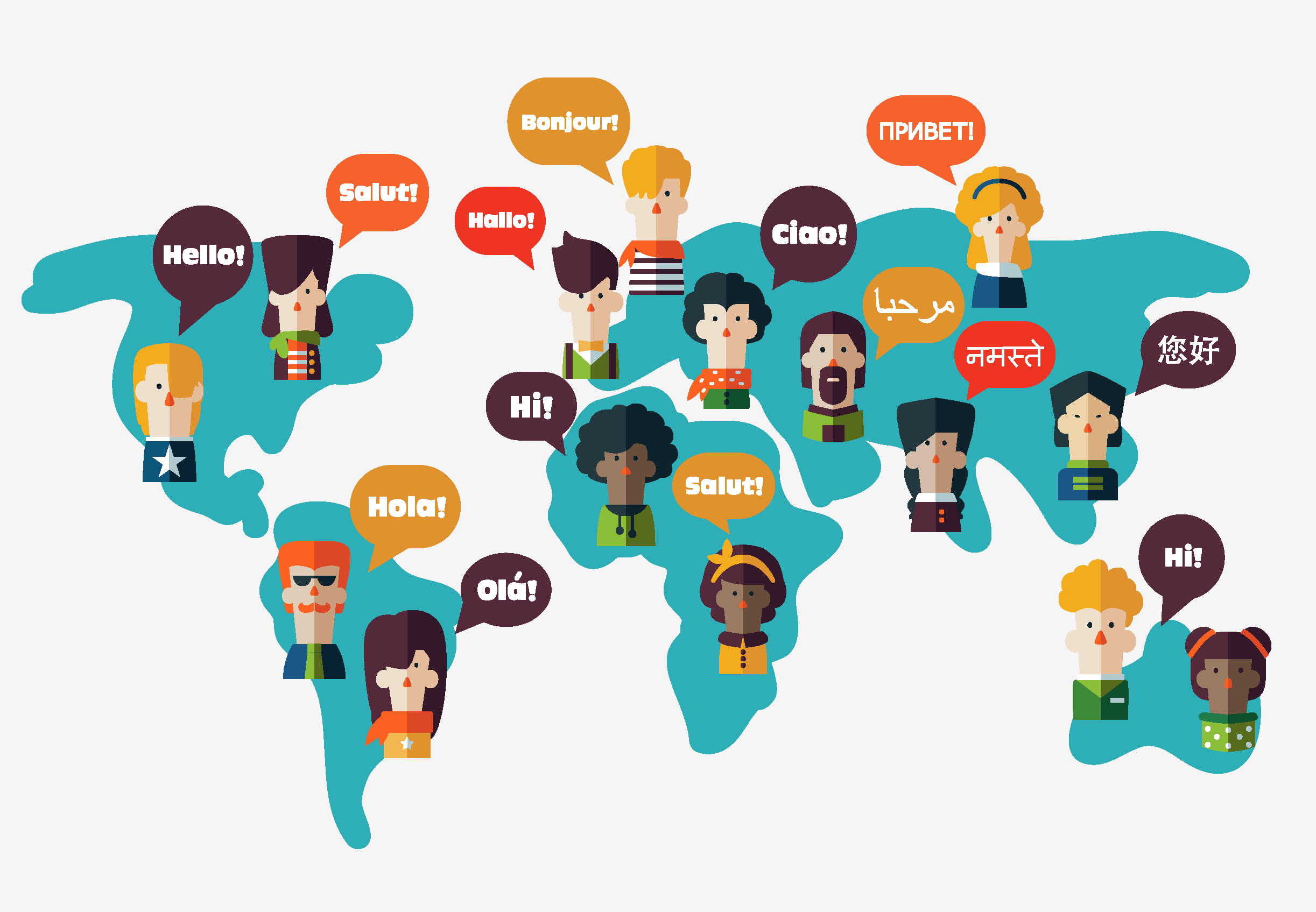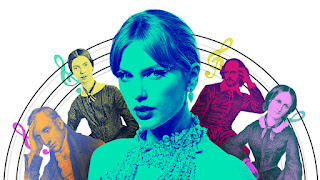Muhammed Ali Week 2: What is the Best Language in the World?

Is it even possible to answer this question? Determining the best language is almost entirely up to the interpretation of the individual you are asking. Pretty much any statement that incorporates the word “best” is bound to be submerged in subjectivity. However, there are some ways we can at least begin the discussion.
One way we can possibly find an answer is determining how widely spoken a given language is. It’s common knowledge that more people speak English than any other language in the world, accumulating nearly 1.5 billion speakers worldwide. English has established itself as arguably the universal language. Regardless of which country you go to or which people you meet, English often serves as a pathway of communication between different cultures. However, just because a lot of people speak it doesn’t mean it’s the best. It just means it's the most popular, and popularity doesn’t necessarily have a direct correlation with quality.
Another way we can potentially determine the best language is by longevity, or how long the language has been around. The oldest language that is still spoken today is Tamil, followed by languages like Arabic, Greek, and Latin. Tamil is not a dying language by any means, and still has around 90 million speakers today (far off from English’s 1.5 billion, but still significant in its own right). These languages have immortalized themselves in the global community despite their age. However, they fall off in many aspects other than longevity, such as usefulness and efficiency (judging how much effort or words are needed to get a certain point across), so it’s safe to say that these languages do not take the title either. So what other ways can we look for an answer?
The question is flawed. There is no answer to it. There are far too many moving parts, and the question is rooted in subjectivity. In a way, the answer to this question is tied to our identities. Who we are and where we come from will undoubtedly play a leading role in helping us reach a conclusion. I—an English and Arabic speaker—may view English and Arabic as the best languages, whereas you, the reader, may have a completely different opinion. This isn’t a bad thing though, for it's our identities that make us who we are. Our varying opinions distinguish us from one another and demonstrate the uniqueness of each individual. Humanity may never agree on what the best languages in the world are, but is that really a problem? Probably not.
Top 10 Best Languages - TheTopTens
The World's Most Efficient Languages - The Atlantic
What is the Oldest Language in the World?
How Many People Speak English In 2023 (20+ Data Statistics)
.


Hi Muhammed! When I saw the topic of your blog, I was immediately interested. I was actually very interested in making a conlang--my own language. It’s always amazing to see how different languages structure their sentences, deal with tenses, how they choose to write their words, and more. Even before I clicked on your blog, I had a feeling that there would be no definite answer as this question is a very subjective one. If there is a “best” language, would there also be a “best” culture? I like how you looked at different perspectives to try to find the answer, such as how widely spoken a language is or the longevity of the language. English is the most widely spoken language but not the oldest language that is still spoken today. This shows how no language can be perfect in every single aspect. I also like you said that it’s not a problem that “humanity may never agree on what the best languages in the world are.” This shows that not all questions need to be answered and that the world will not be gravely impacted by a few unanswered questions. In fact, the lack of an answer is what allows people to be so unique as you mentioned in the sentence before. I think this is a great way to end your blog!
ReplyDeleteHello Muhammed! I loved how you started off by describing the English language, the language that we cherish, love, and speak in throughout the day. By setting an example of the number "1.5 million speakers worldwide," it gives a new perspective onto what the English language is and its meaning to so many people. Then, you go into other languages which people may speak. Through describing Tamil, you are creating the article to be more appealing to a larger audience and create a sense of pride for the language that they love. FInally, you tie the English language and other languages to the main theme of identity. The identity of people with different unique languages helps emphasize the relationship and that the distinctive qualities of the language are a significant factor in how the identity plays. Overall, the article was well written having sophisticated diction and ended with a over-arching remark. Great work!
ReplyDeleteI don't know why but this comment has been deleted as well. Hi Muhammed! When I saw the topic of your blog, I was immediately interested. I was actually very interested in making a conlang--my own language. It’s always amazing to see how different languages structure their sentences, deal with tenses, how they choose to write their words, and more. Even before I clicked on your blog, I had a feeling that there would be no definite answer as this question is a very subjective one. If there is a “best” language, would there also be a “best” culture? I like how you looked at different perspectives to try to find the answer, such as how widely spoken a language is or the longevity of the language. English is the most widely spoken language but not the oldest language that is still spoken today. This shows how no language can be perfect in every single aspect. I also like you said that it’s not a problem that “humanity may never agree on what the best languages in the world are.” This shows that not all questions need to be answered and that the world will not be gravely impacted by a few unanswered questions. In fact, the lack of an answer is what allows people to be so unique as you mentioned in the sentence before. I think this is a great way to end your blog!
ReplyDelete